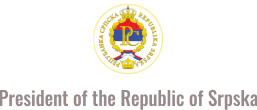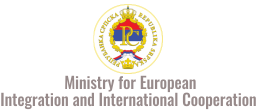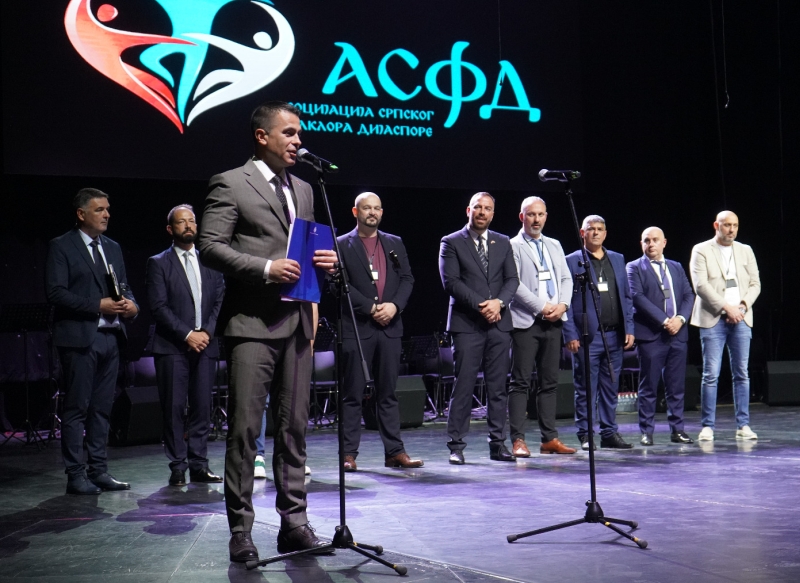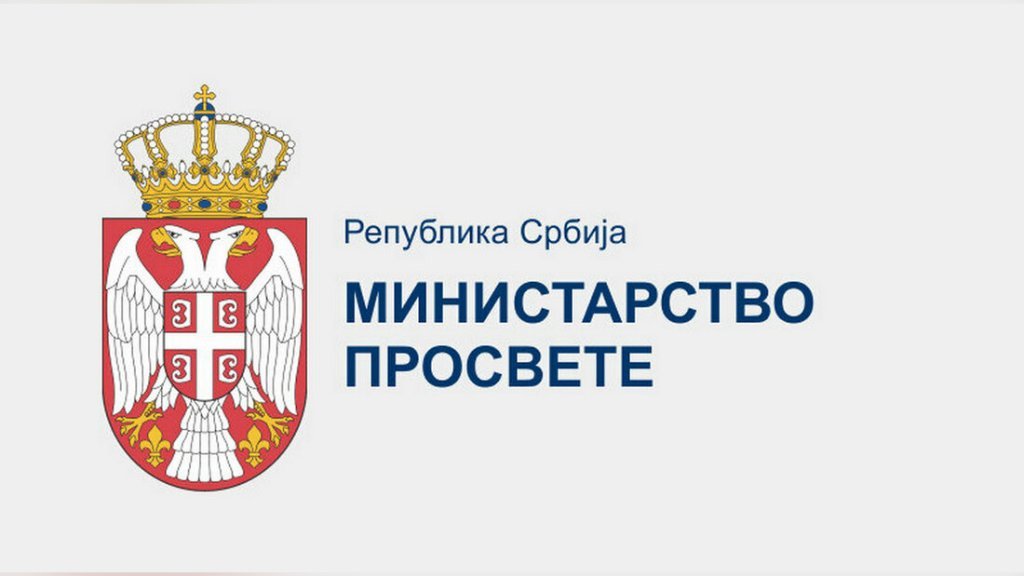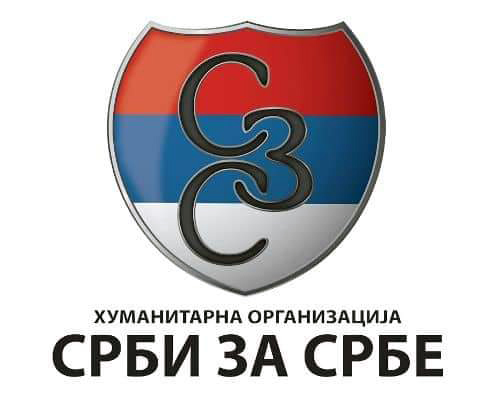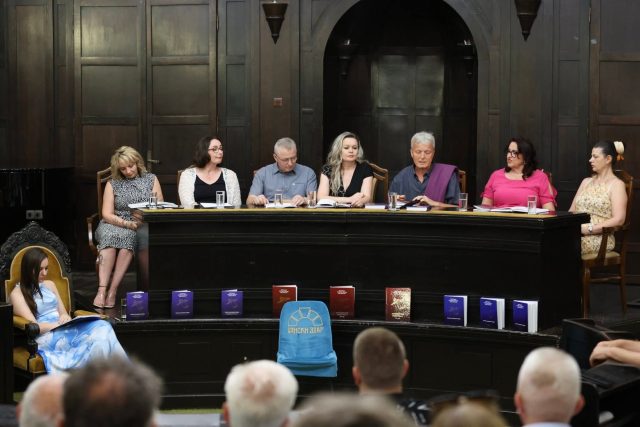At the opening of the European Festival of Serbian Diaspora Folklore, the Minister of Culture in the Government of the Republic of Serbia, Nikola Selaković, said that in the 21st century, our people both in the homeland and in the diaspora were making great efforts aimed at preserving Serbian identity and culture.
On that occasion, Selaković noted that Serbs not living in their country, but outside their motherland were the most vulnerable in this fight for national identity.
He wished the participants to organize every subsequent European Folklore Festival with as many people as possible and more excellent cultural and artistic societies competing in their performance quality.
I believe you will succeed in this, and the Republic of Serbia, our president and our government, as well as other authorities, will help you in this both now and in the future, said the minister.
Minister without portfolio in the Government of the Republic of Serbia Đorđe Milićević spoke in his capacity as envoy of the Prime Minister, Miloš Vučević, at the opening of the 26th European Festival of Serbian Diaspora Folklore.
Milićević told diaspora youth that they were at home in Serbia and that Belgrade doors were always open to them and expressed his gratitude to them for preserving and celebrating around the world the rich cultural heritage cherished by our people through song, dance and tradition and connecting us and reminding us of our roots, regardless of where we lived.
The most important thing is to preserve your language and Cyrillic alphabet, Serbian culture, tradition and history, and one day to return to your homeland after completing your studies abroad. Never forget your tricolor, which is a symbol of our past, present and future, said the minister.
According to him, the tricolor reminds us of the courage of our ancestors, but also encourages us to make brave and responsible decisions for a better future of all our compatriots.
Today we need unity the most. The unity is important among all our compatriots wherever they live, because Serbia and Serbs have always been as strong as they are united, Milićević concluded.
The Serbian folklore assembly saw participation of about 1,600 performers from a total of 21 Serbian diaspora folklore ensembles from different countries: Austria, Italy, Hungary, Romania, Germany, France, Switzerland, Slovenia, Croatia and Sweden.
The European Folklore Festival, its 26th edition, was organized by the Association of Serbian Diaspora Folklore.
Source: Government of the Republic of Serbia
Photo: Dušan Veljović
